10 noble mansions that are even more splendid than tsars’ palaces (PHOTOS)
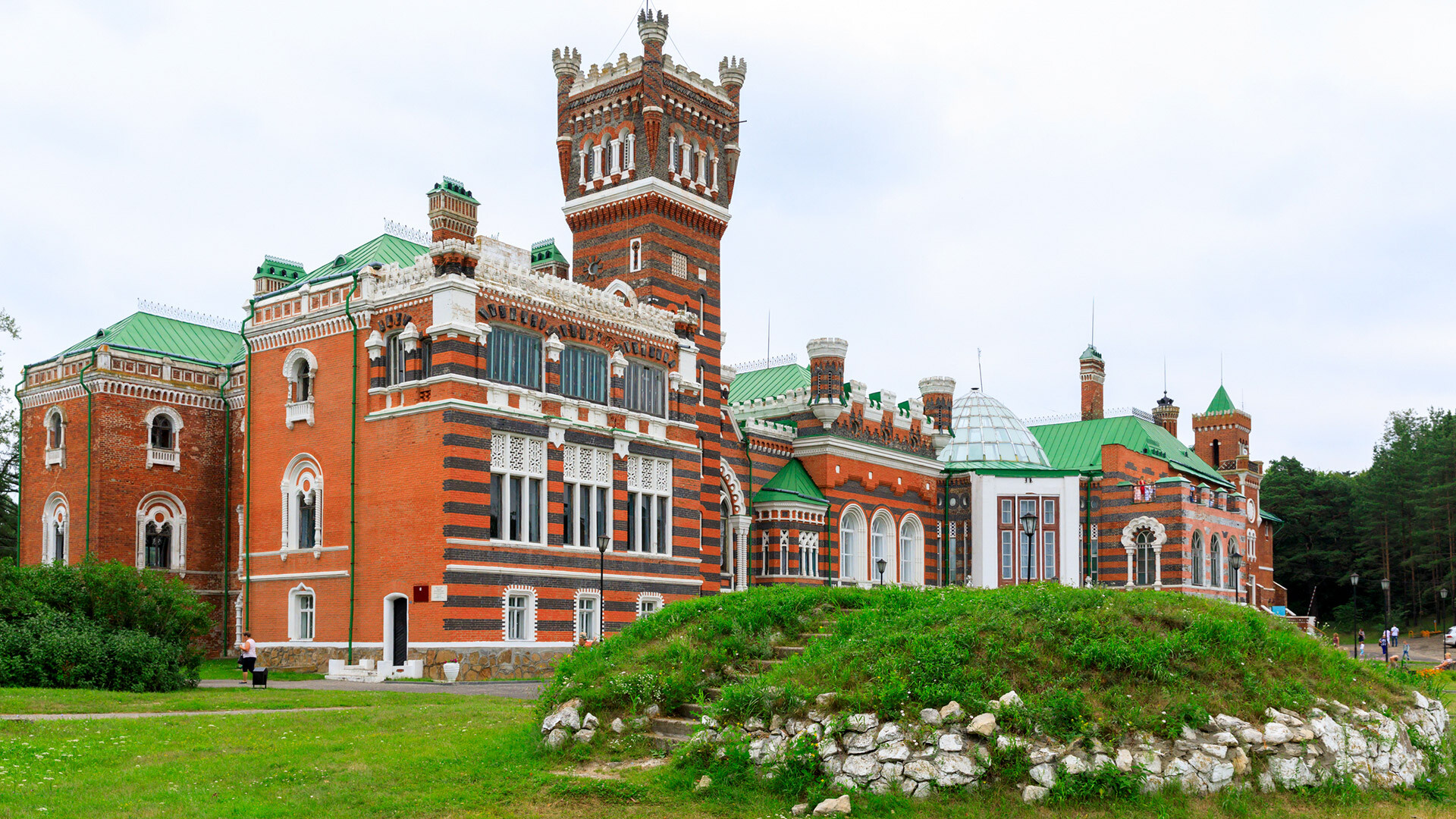
1. Yusupov palace, St. Petersburg
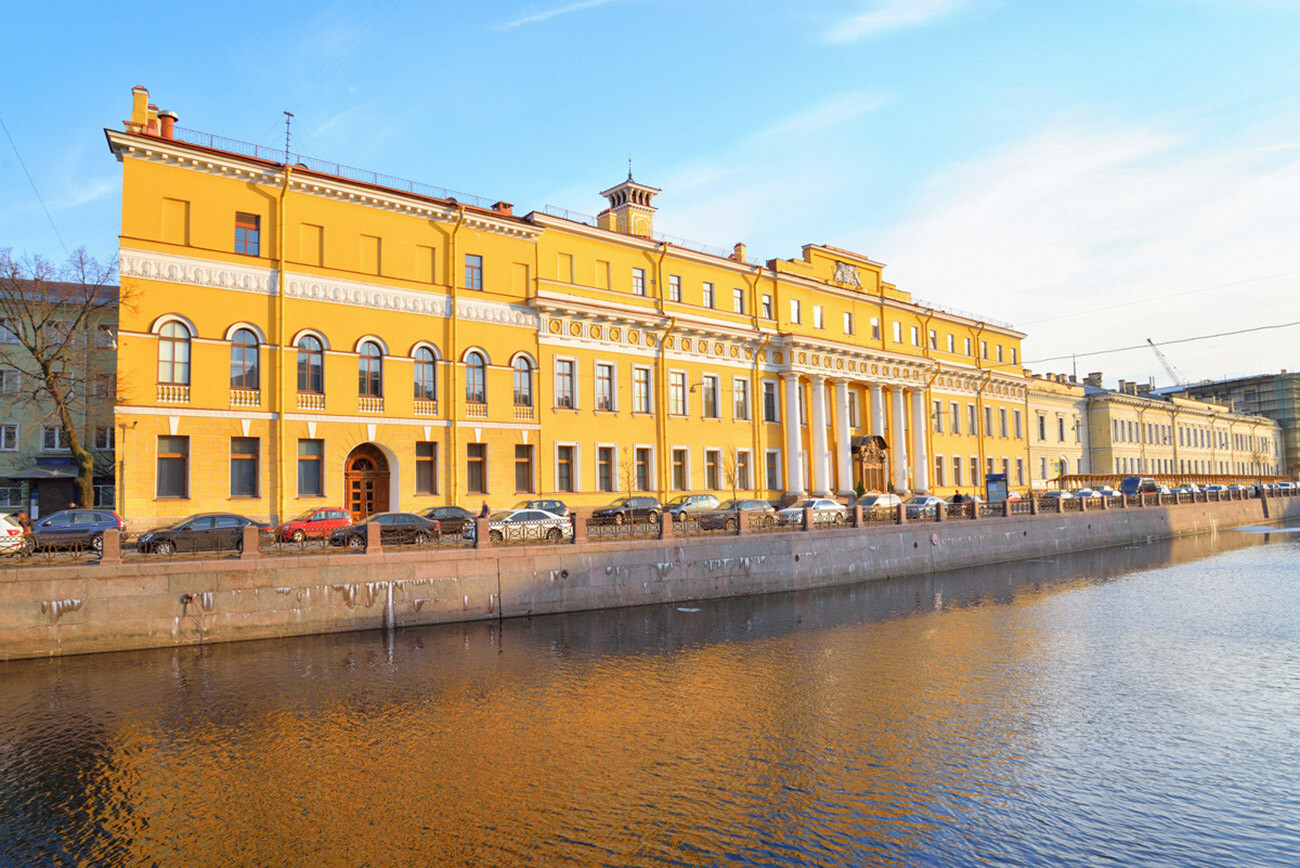
The Yusupovs were one of the oldest and richest families in Russia, who owned palaces all over the country. One of the most recognizable and is a house on the Moika River embankment in St. Petersburg, where the family lived from the early 19th century until the 1917 Revolution.
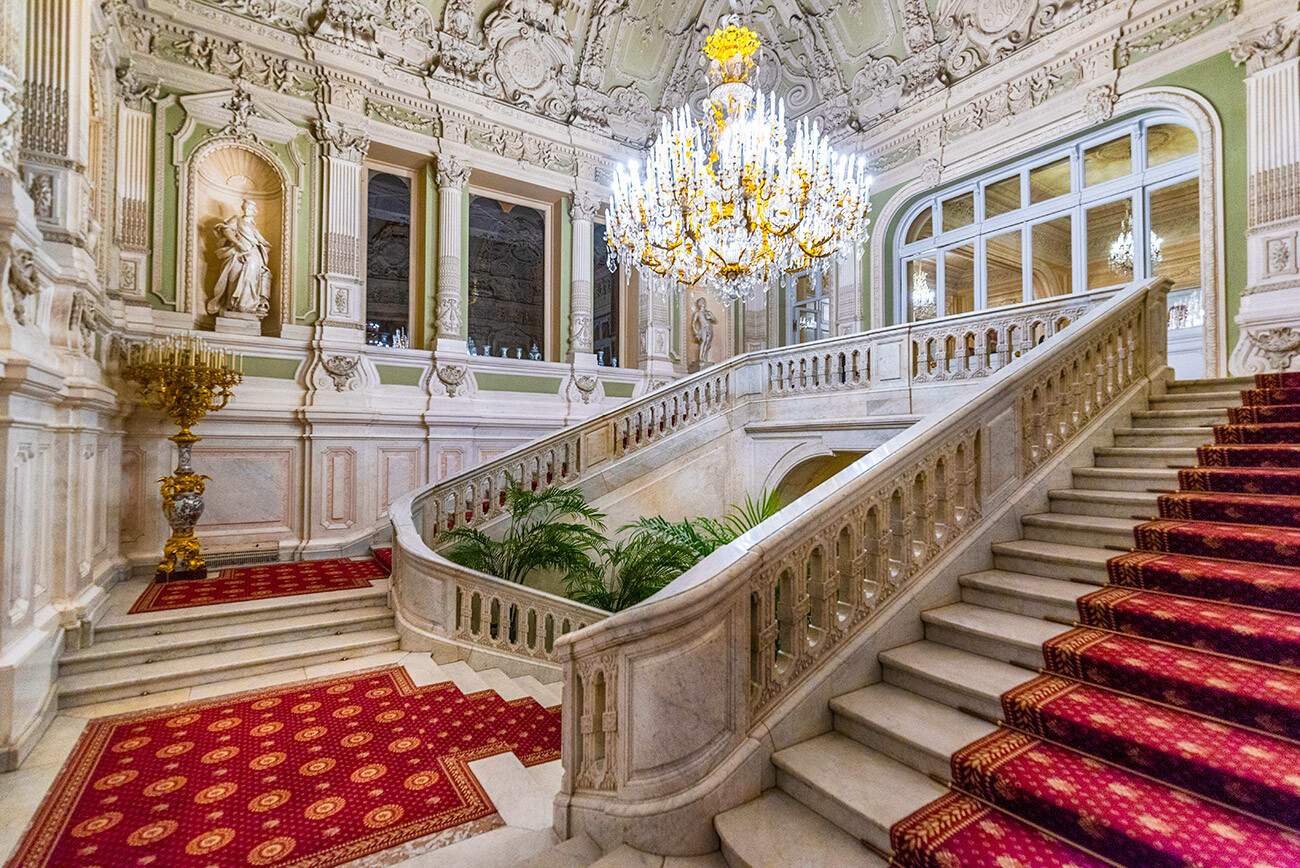
From the outside, it may not impress the imagination, but the palace’s interiors are among the most lavishly decorated in Russia.
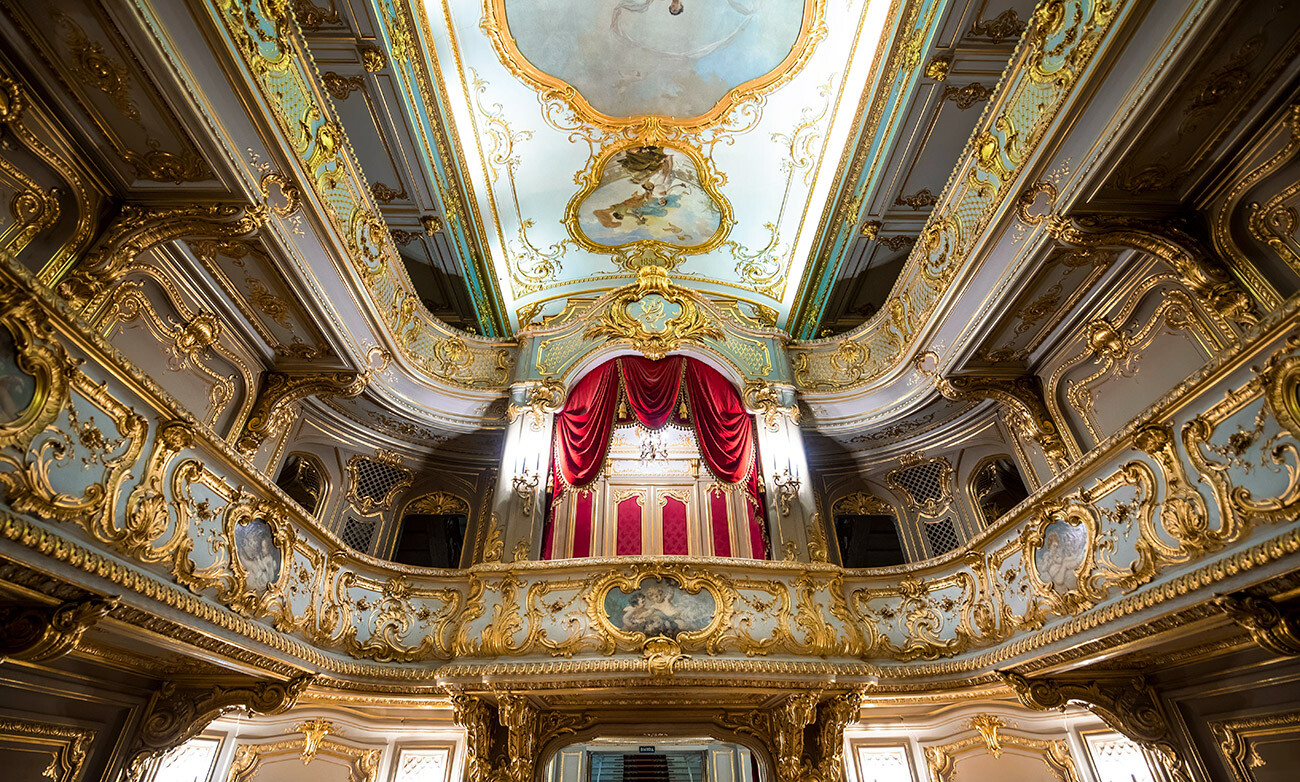
Each hall is literally a work of art and there is even a luxurious private theater, as opulent in its decoration as the Bolshoi and the Mariinsky.
2. Stroganov palace, St. Petersburg
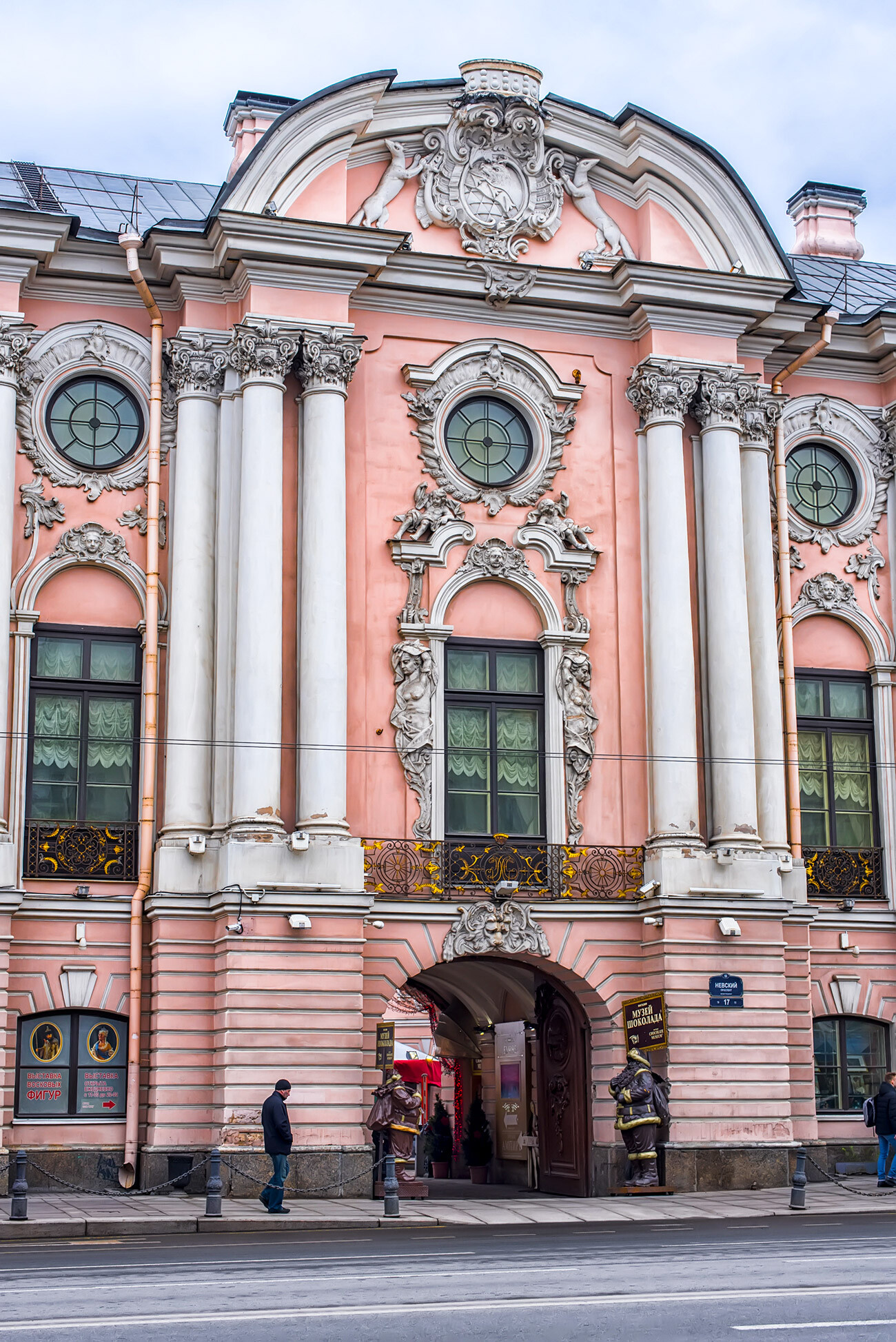
There are many palaces in St. Petersburg, including royal ones, of course. This unusual pink building greets everyone who strolls along Nevsky Prospect, the city’s main street. Another side can be seen from the Moika River embankment.

The palace was built by Italian court architect Bartholomeo Rastrelli, who also built splendid imperial residences in the Tsarskoye Selo and Peterhof Palace, as well as the Winter Palace.
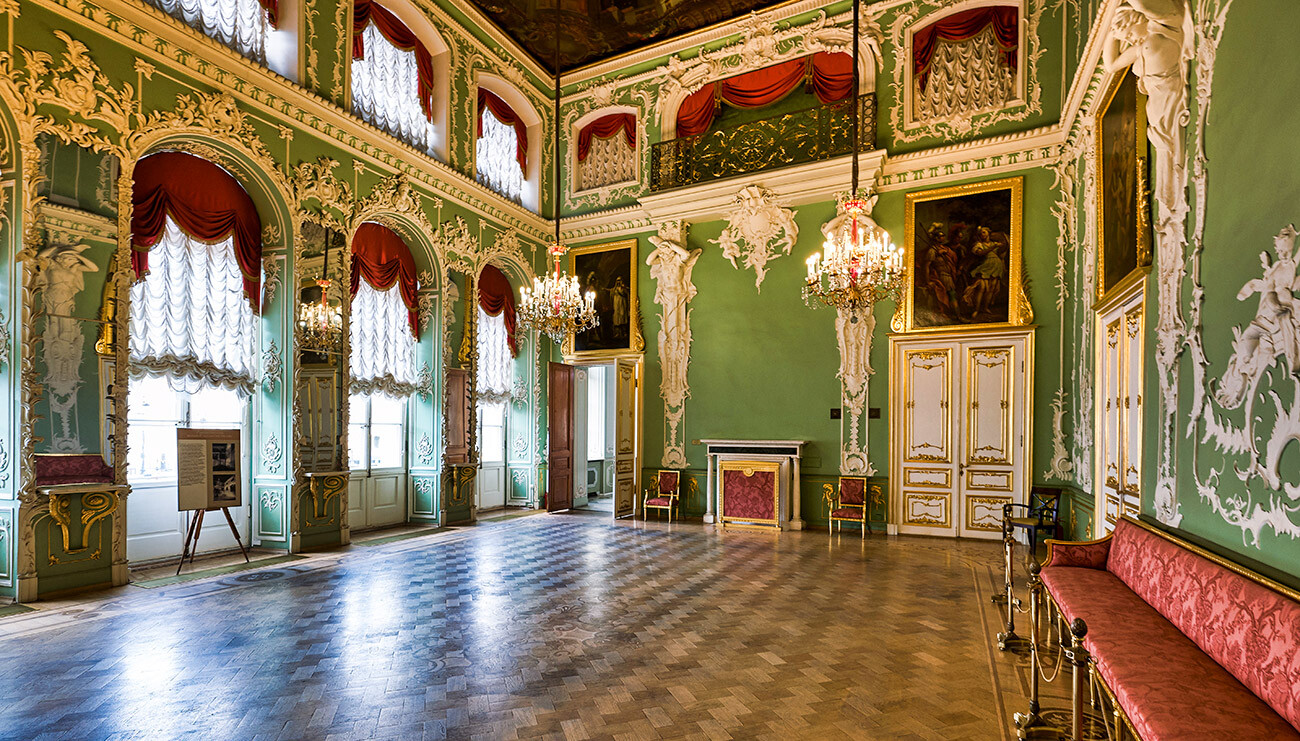
This house on Nevsky was owned by Baron Sergei Stroganov and his descendants, who were passionate collectors of paintings. Nowadays, the palace is a branch of the Russian Museum.
3. Sheremetev estate in Kuskovo, Moscow
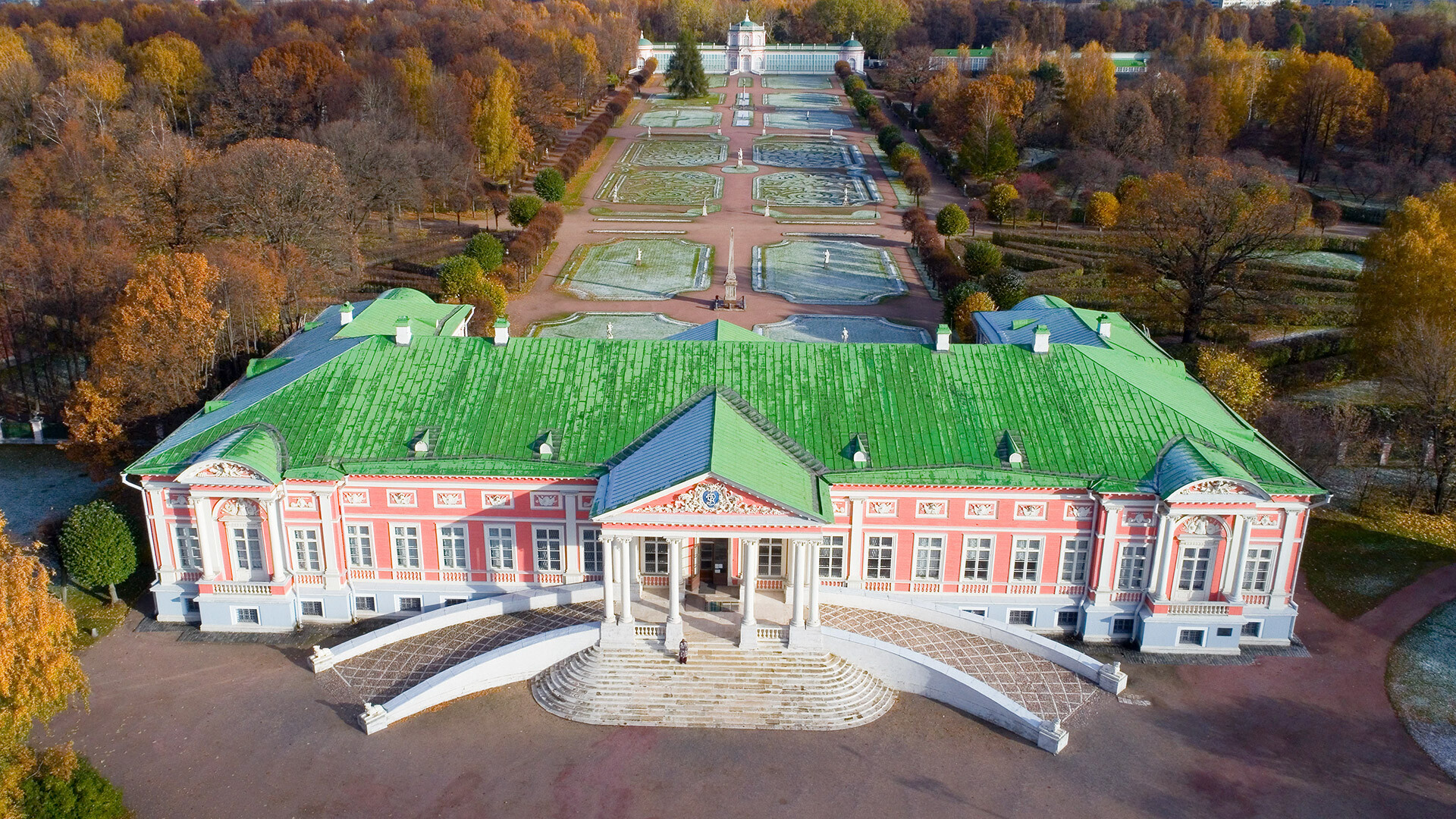
The wealthy Sheremetev family could afford to have a huge summer residence on the outskirts of Moscow. The palace itself is an 18th century wooden building still in excellent condition.

But, even more striking are the park, grottoes and pavilions in the European manner, built by talented architects who were actually Sheremetev’s serfs (Their noble masters provided them all the conditions to learn and work in arts).
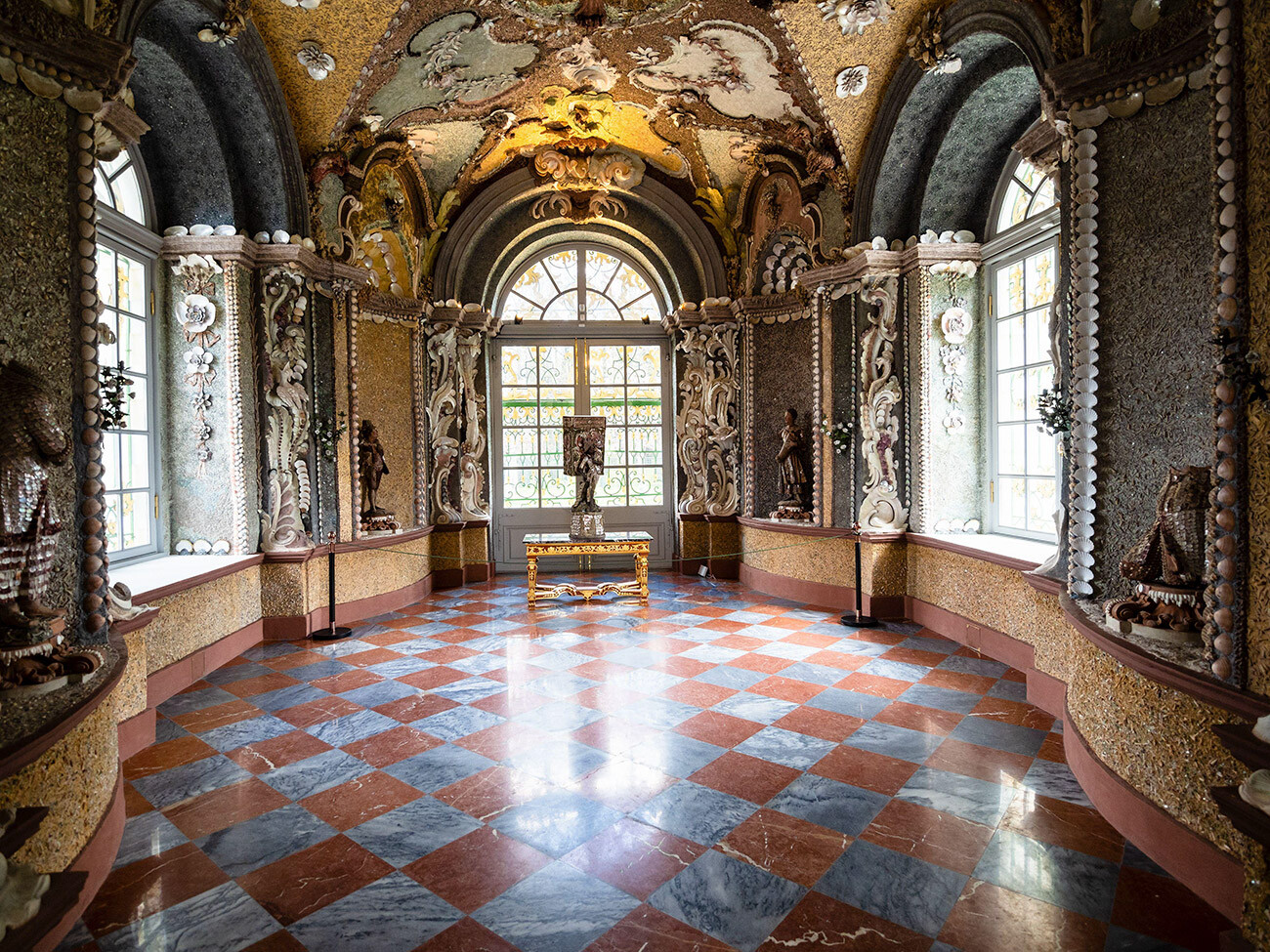
The Sheremetevs also had their own greenhouse where they grew exotic fruits. The most interesting thing is that they didn’t stay or even sleep in the house, but only invited crowds of people for entertaining events.
4. The Sheremetev castle, Yurino (the Mariy El republic)
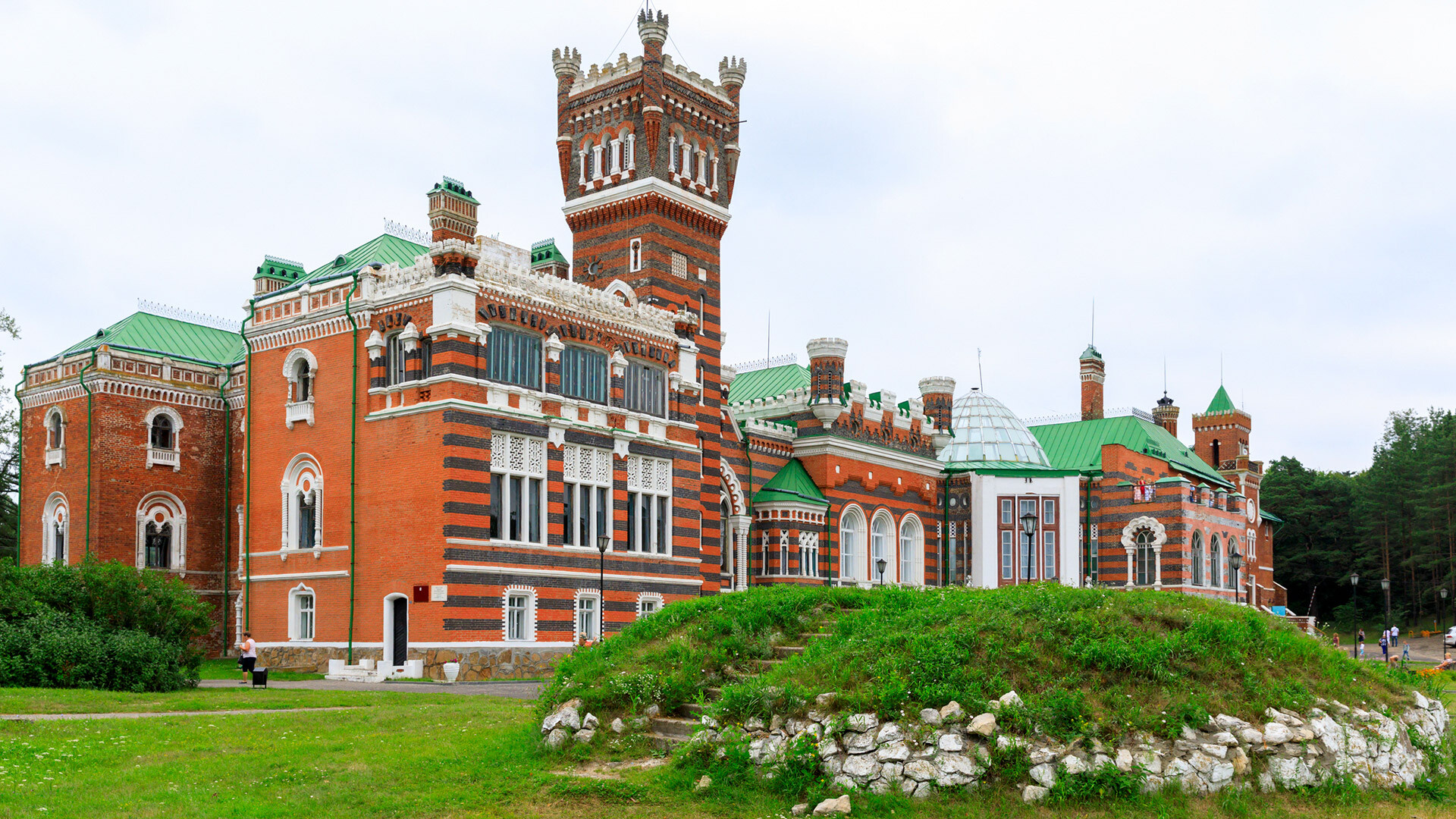
The Sheremetevs owned a number of manor houses throughout Russia, besides Kuskovo - including the famous Ostankino palace in Moscow, where they maintained a fortress theater known throughout the country.

This posh neo-Gothic palace was built on the banks of the Volga River in the late 19 century.

5. Vorontsov palace in Alupka, Crimea
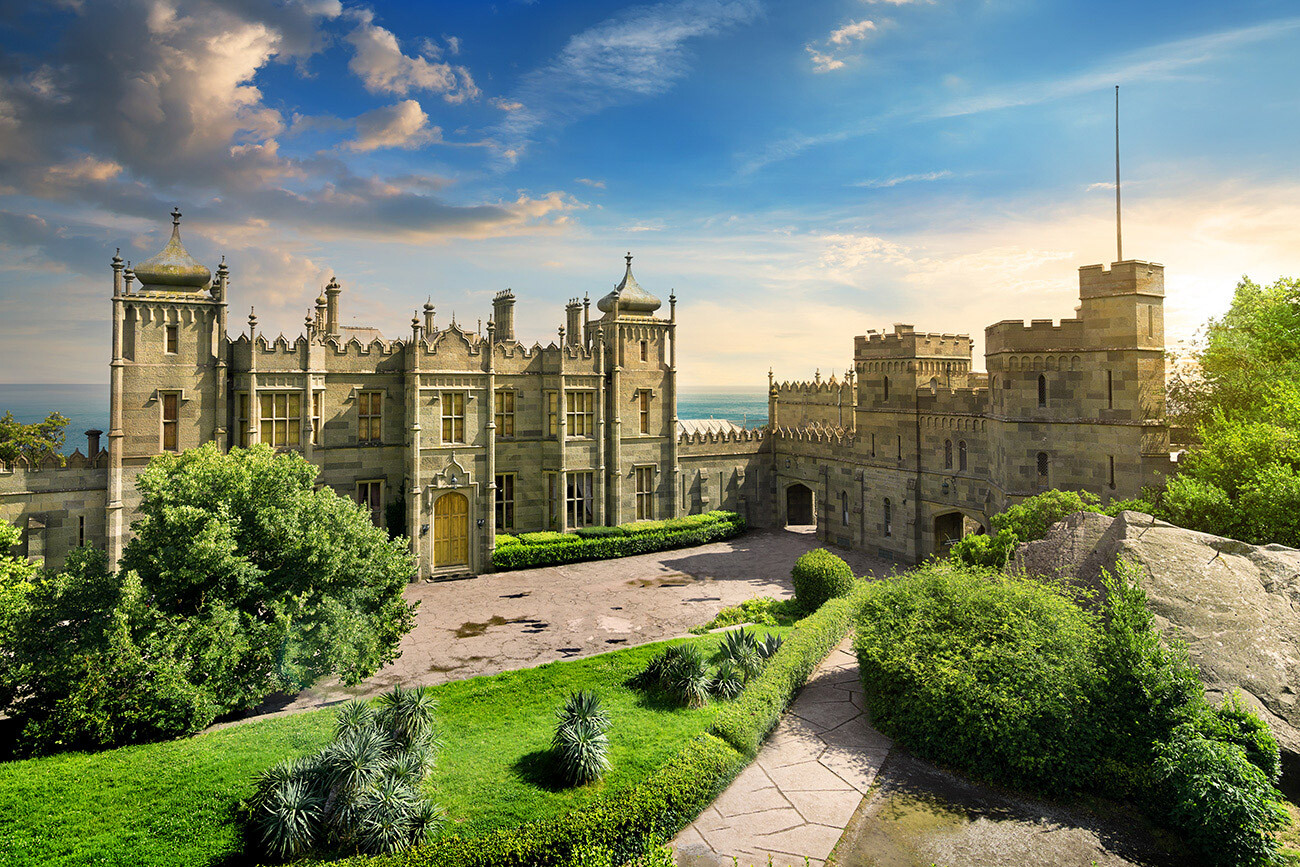
Crimea was a favorite summer vacation spot for both Russian nobility and the royal family. There were several luxury royal palaces on the southern coast - Livadia, Massandra, which belonged to the Romanovs, as well as another palace of the Yusupovs.
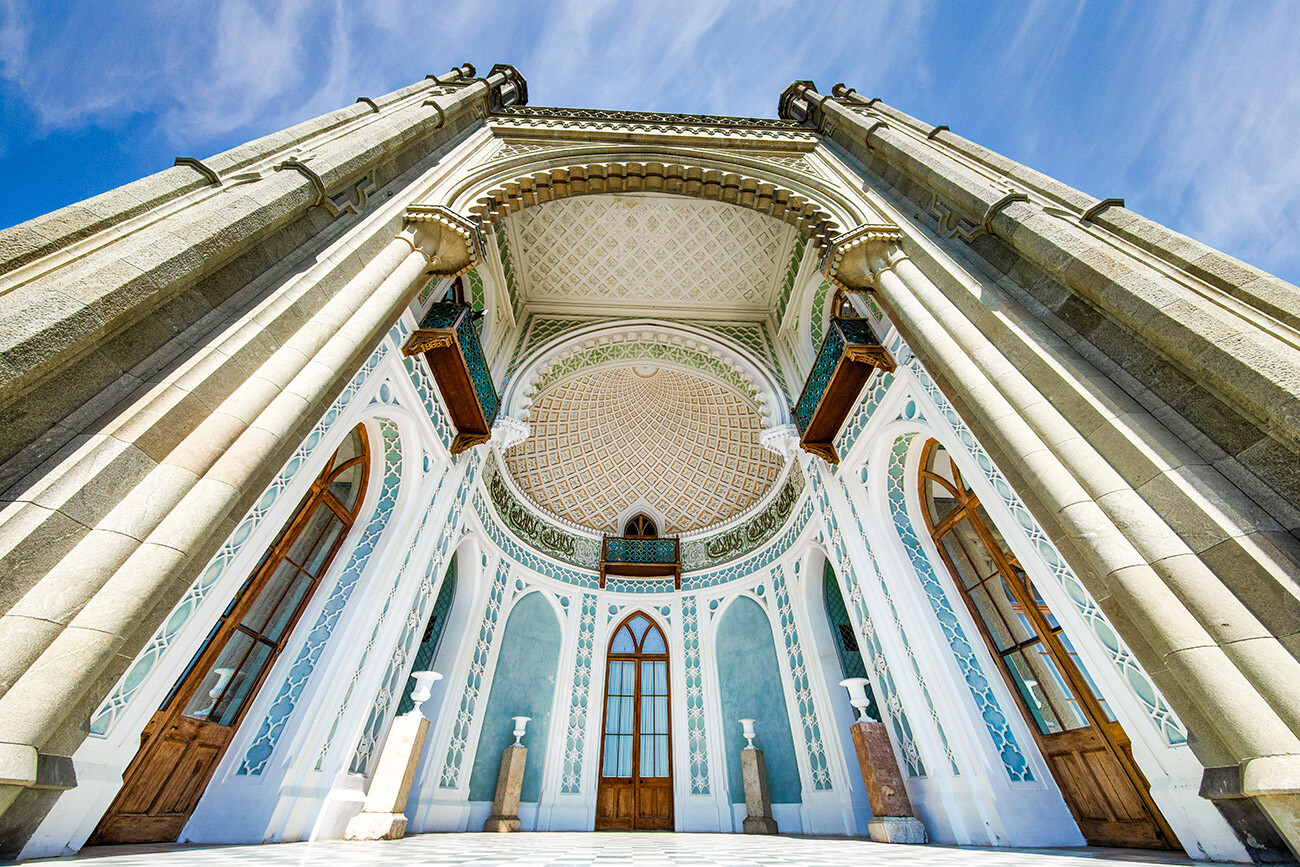
And this very unusual Gothic castle belonged to Count Vorontsov, the governor of all the southern provinces of Russia.
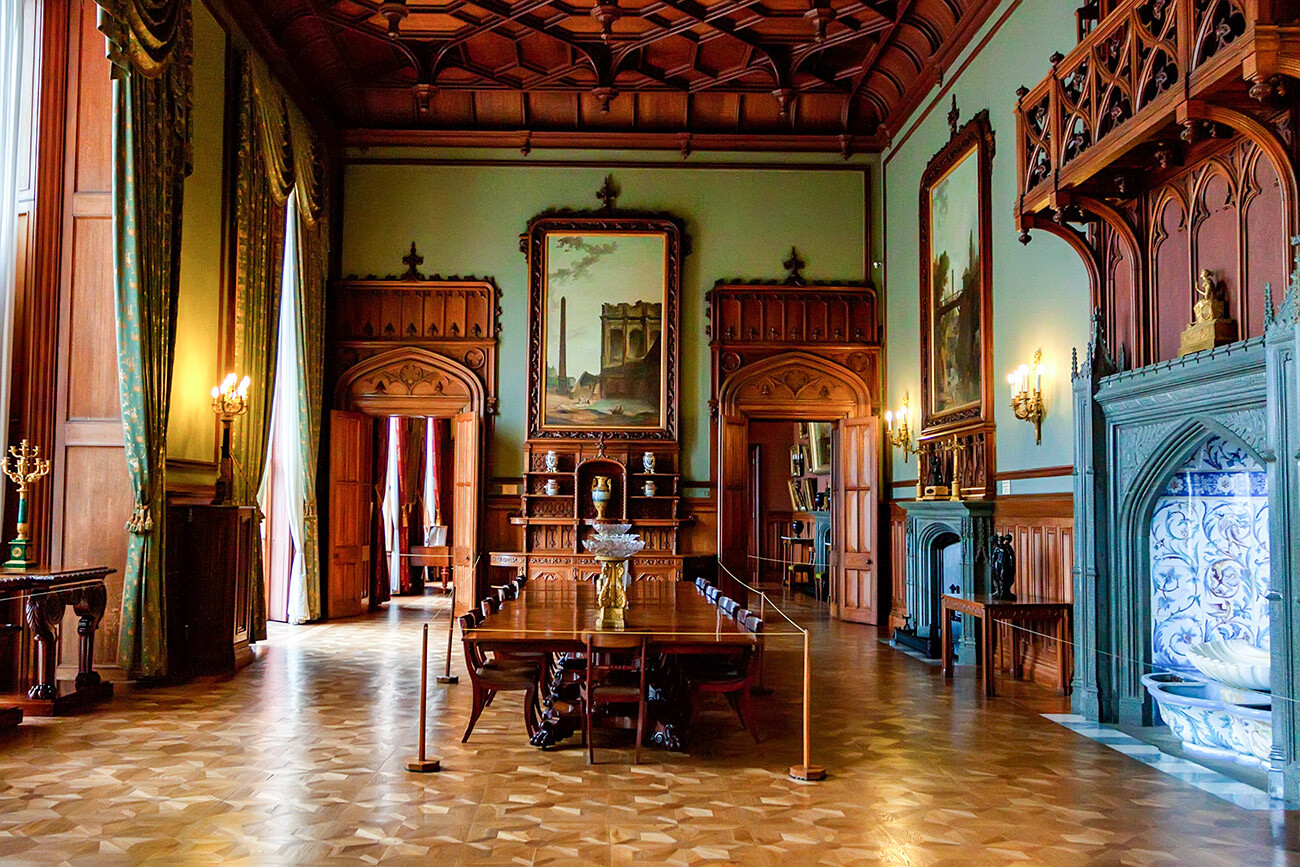
English court architect Edward Blore, the author of the main facade of Buckingham Palace in London, also had a hand in construction in Crimea!
6. The Oldenburgsky palace, Ramon, Voronezh Region

Forty kilometers from Voronezh, in the urban village of Ramon, is another neo-Gothic style castle, the fashion for which spread in the 19th century.
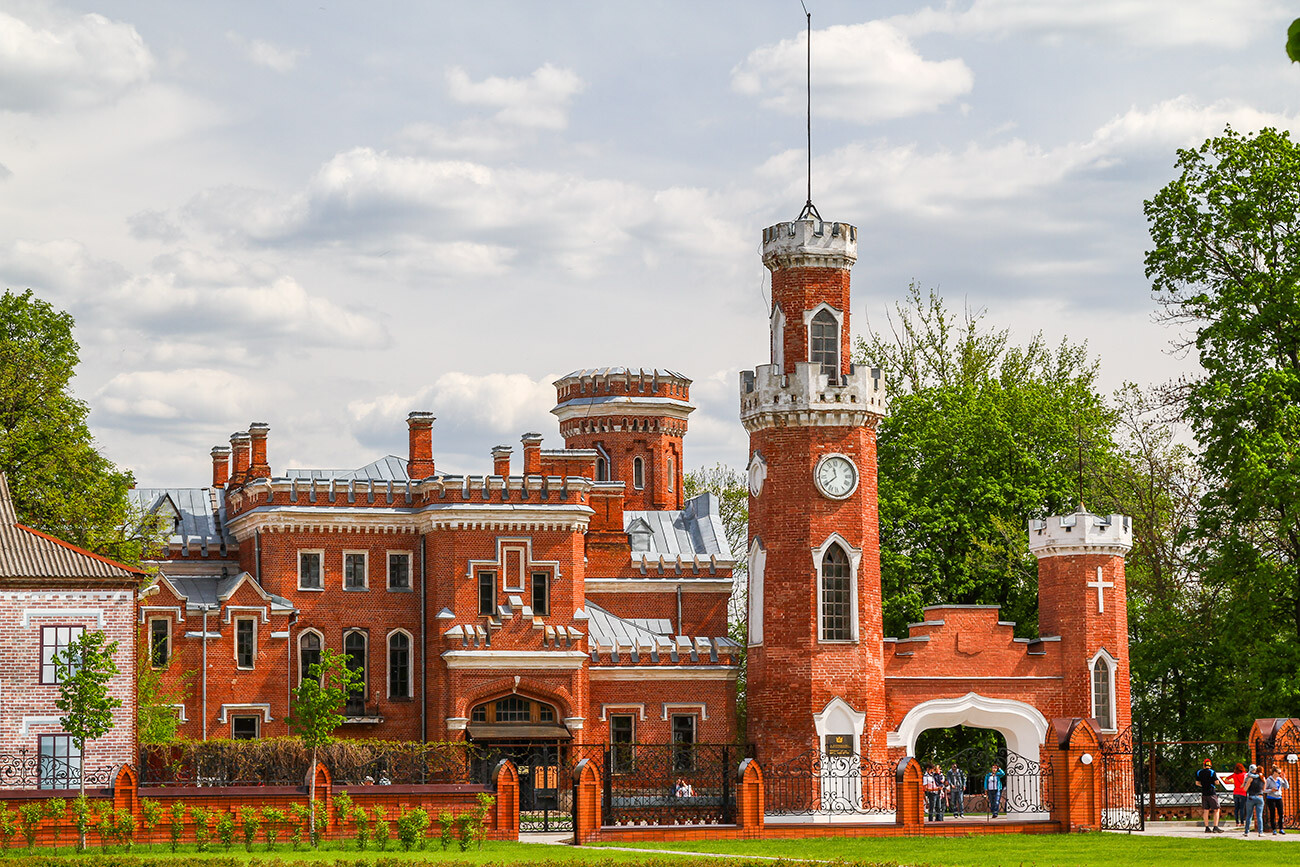
The castle belonged not to anyone, but to members of the noble family of German descent, the Oldenburgs. Among them were princes, counts, dukes…

According to a legend, during World War II, the Nazis did not bomb the castle, having learned that its owners had German roots.
7. Arkhangelskoye estate, Moscow

Arkhangelskoye, one of the most luxurious estates near Moscow, has changed many owners - at different times, it was owned by the oldest and richest families - the Sheremetevs, the Golitsyns, the Yusupovs.

The palace and park ensemble was formed in the late 18th - early 19th centuries and is quite similar to the luxurious suburban residences of the tsars in St. Petersburg.
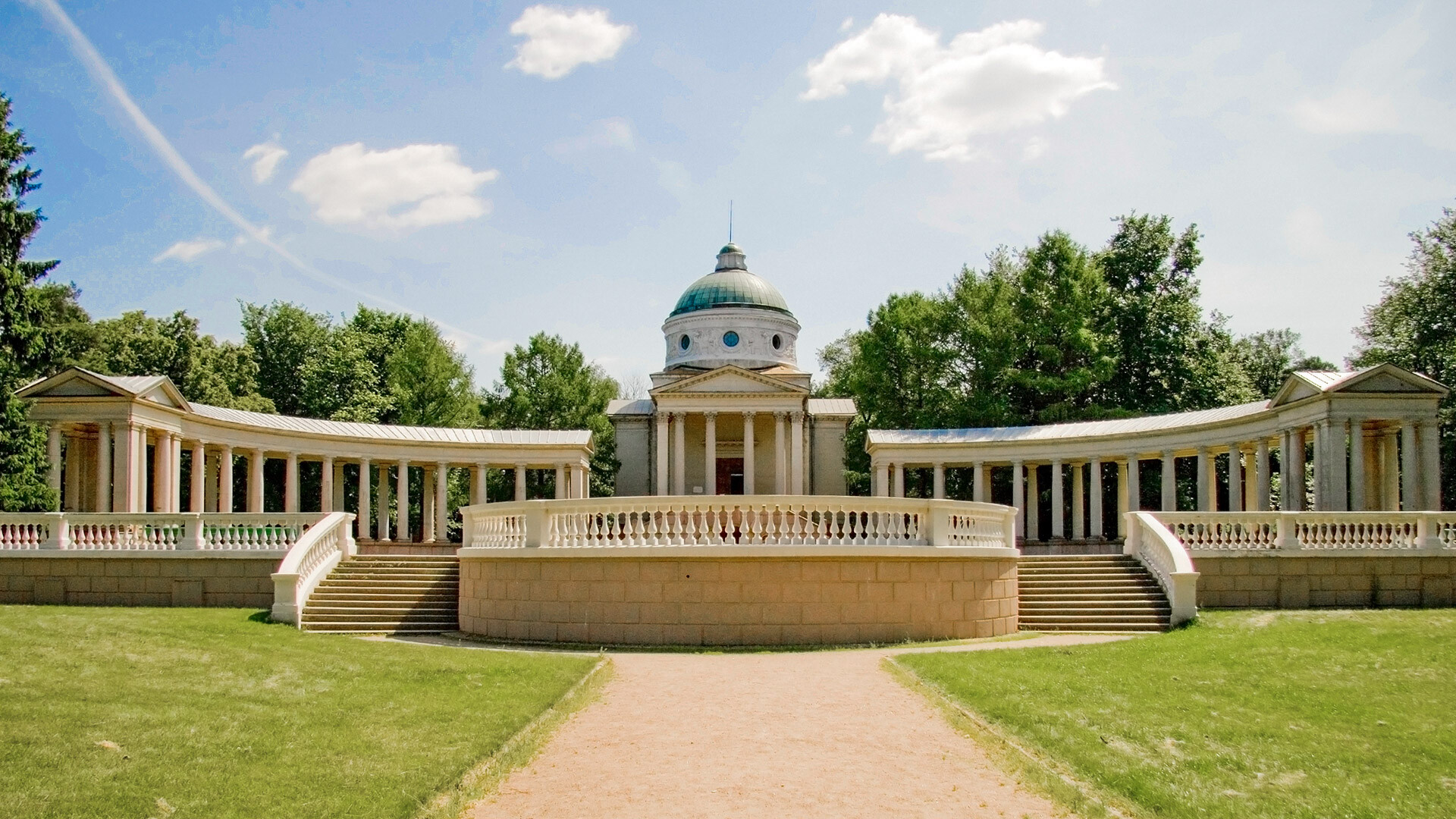
Surrounding it is a regular park with a huge number of sculptures, several palaces, a theater and even the Yusupov family temple-mausoleum with a colonnade. The picturesque landscape is crowned by views of the Moskva River.
8. Shuvalov Palace, St. Petersburg
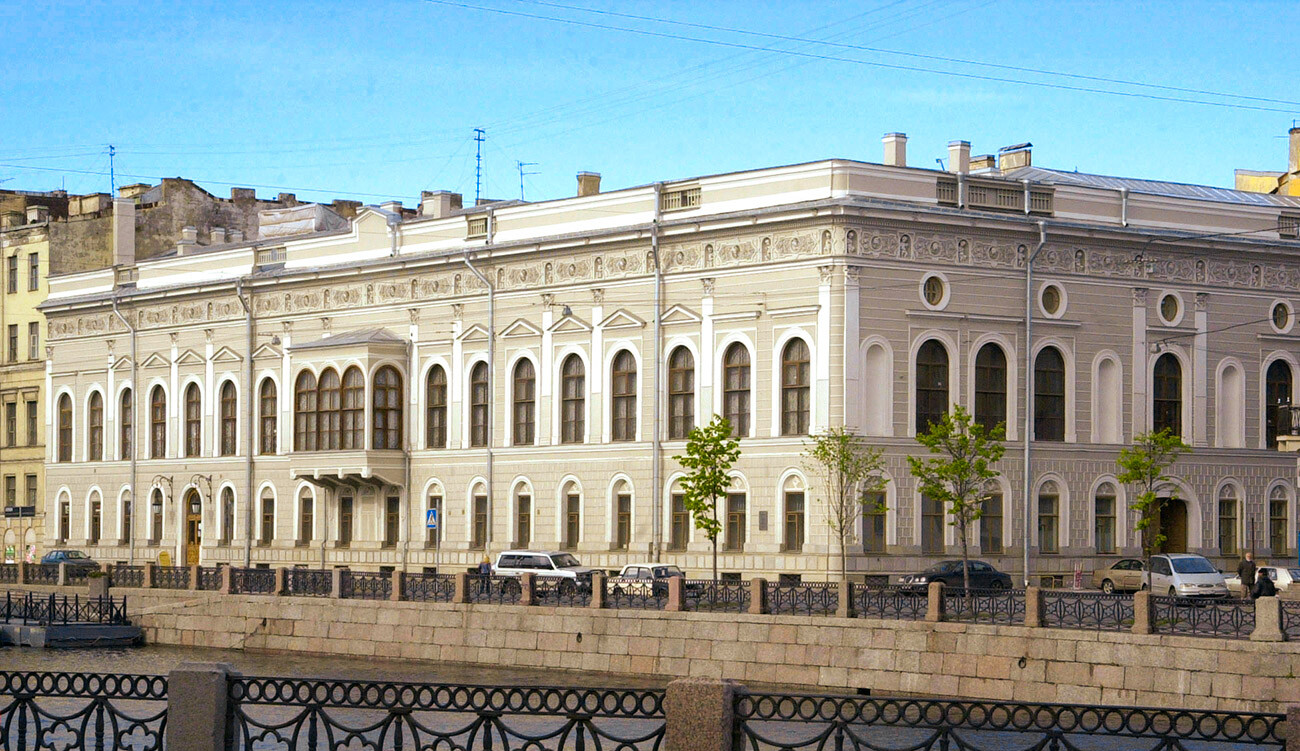
In the 1820s, a representative of the noble Naryshkin family bought a plot of land on the banks of the Fontanka River in St. Petersburg. He and his relatives several times seriously reconstructed the palace. It acquired its modern look in the late 19th century and its eclectic style combines elements of Late Classicism and Neo-Renaissance.
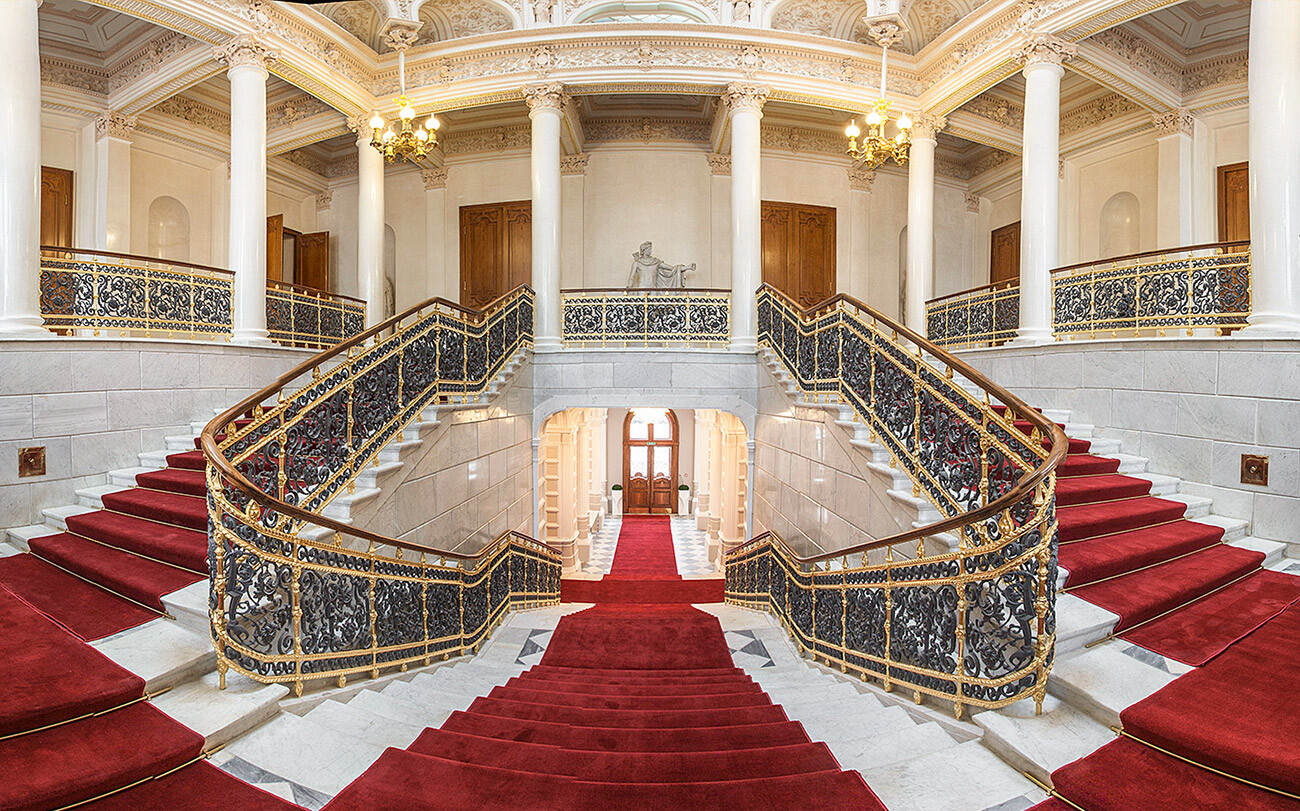
The Naryshkins, later, became related to the Shuvalovs and the family owned the palace until the 1917 Revolution.

During the Soviet years, the building was used for a variety of purposes and, in 2013, the Fabergé Museum was established there.
9. Vyazemy Palace, Moscow Region
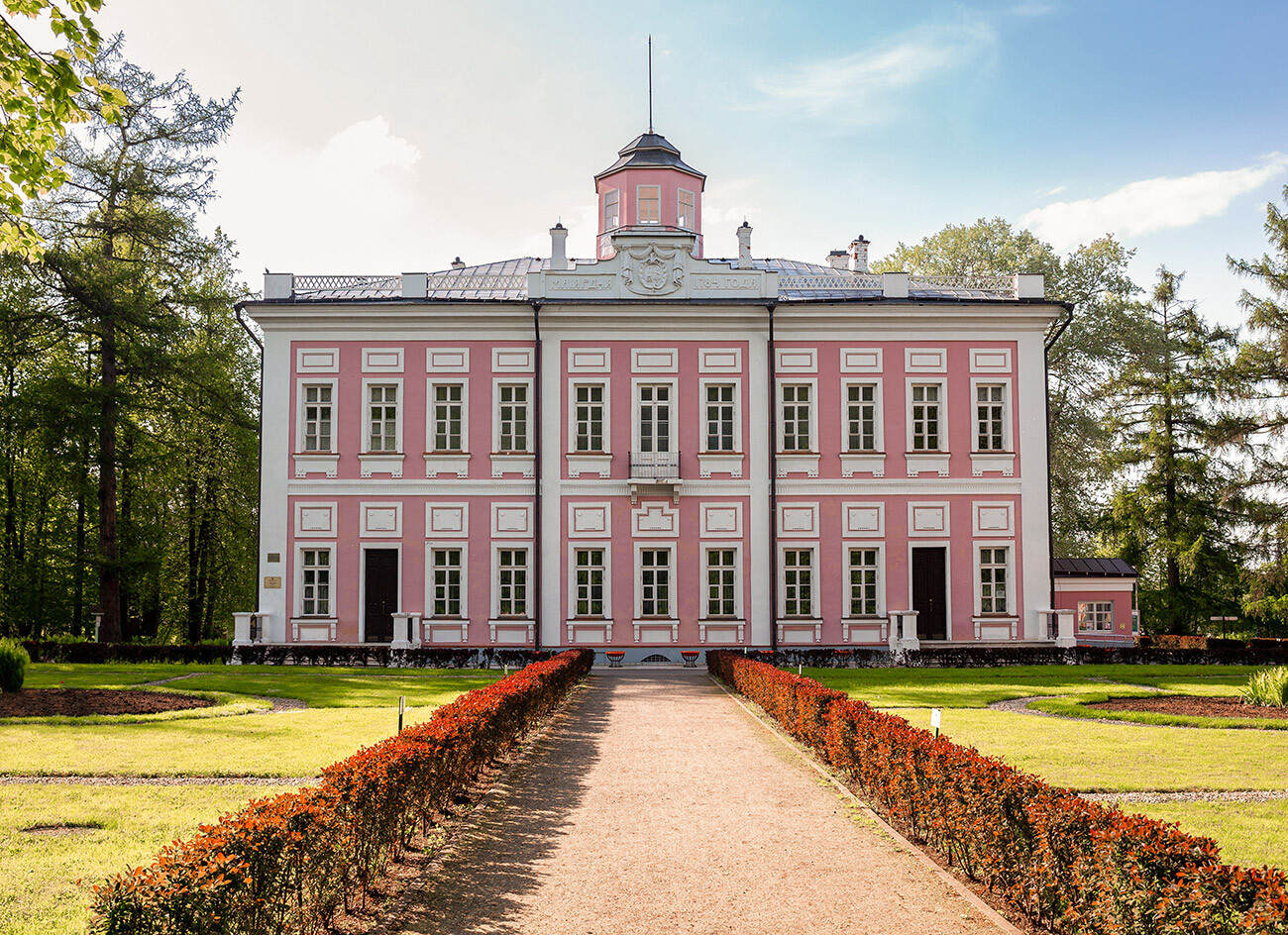
Once, these lands belonged to the tsars - Ivan the Terrible, Boris Godunov, etc. But, Peter the Great granted the estate to his tutor Boris Golitsyn. Nearby, the house of Alexander Pushkin’s grandmother was situated, so the main Russian poet often visited the palace and its church as a child.
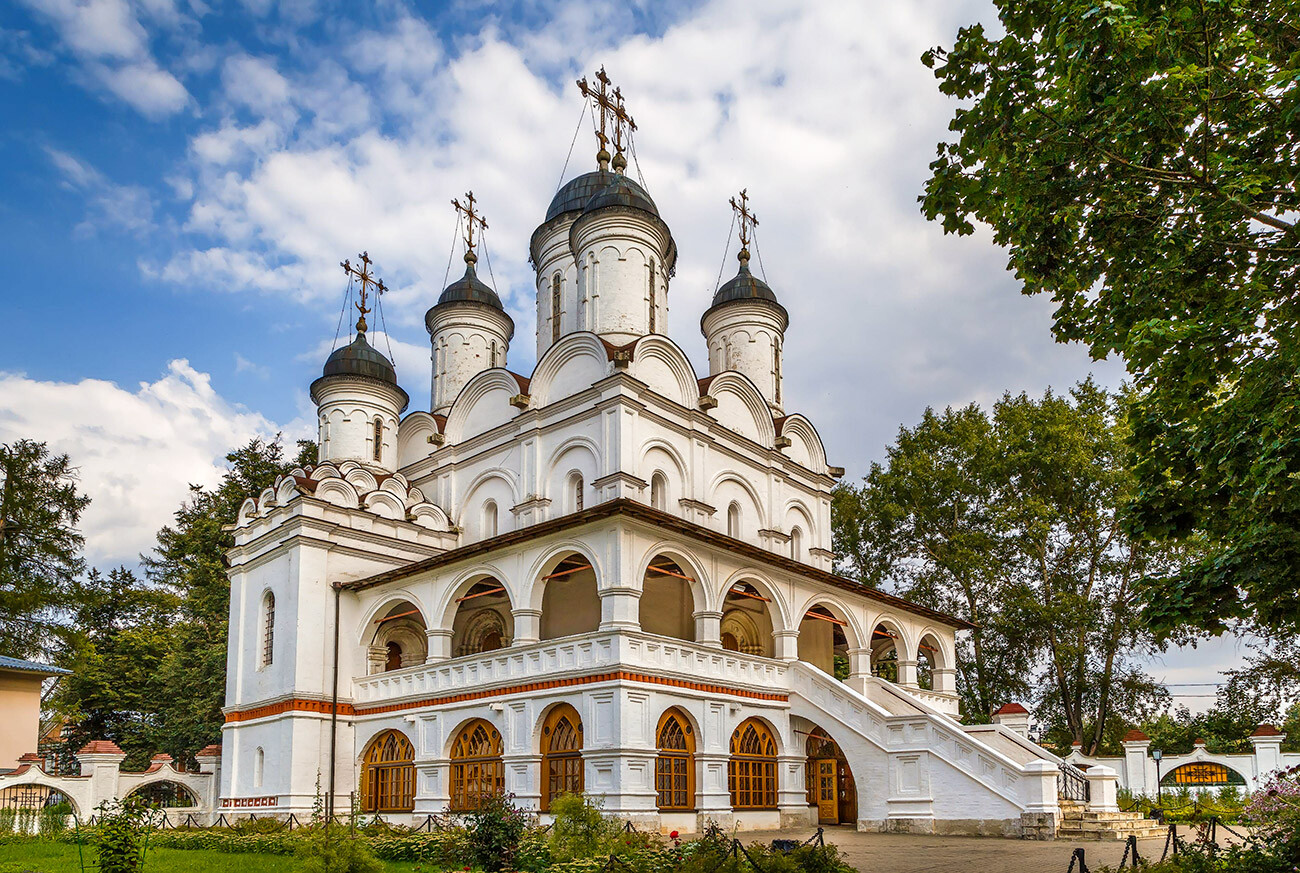
The estate also witnessed the historic events of the 1812 War.
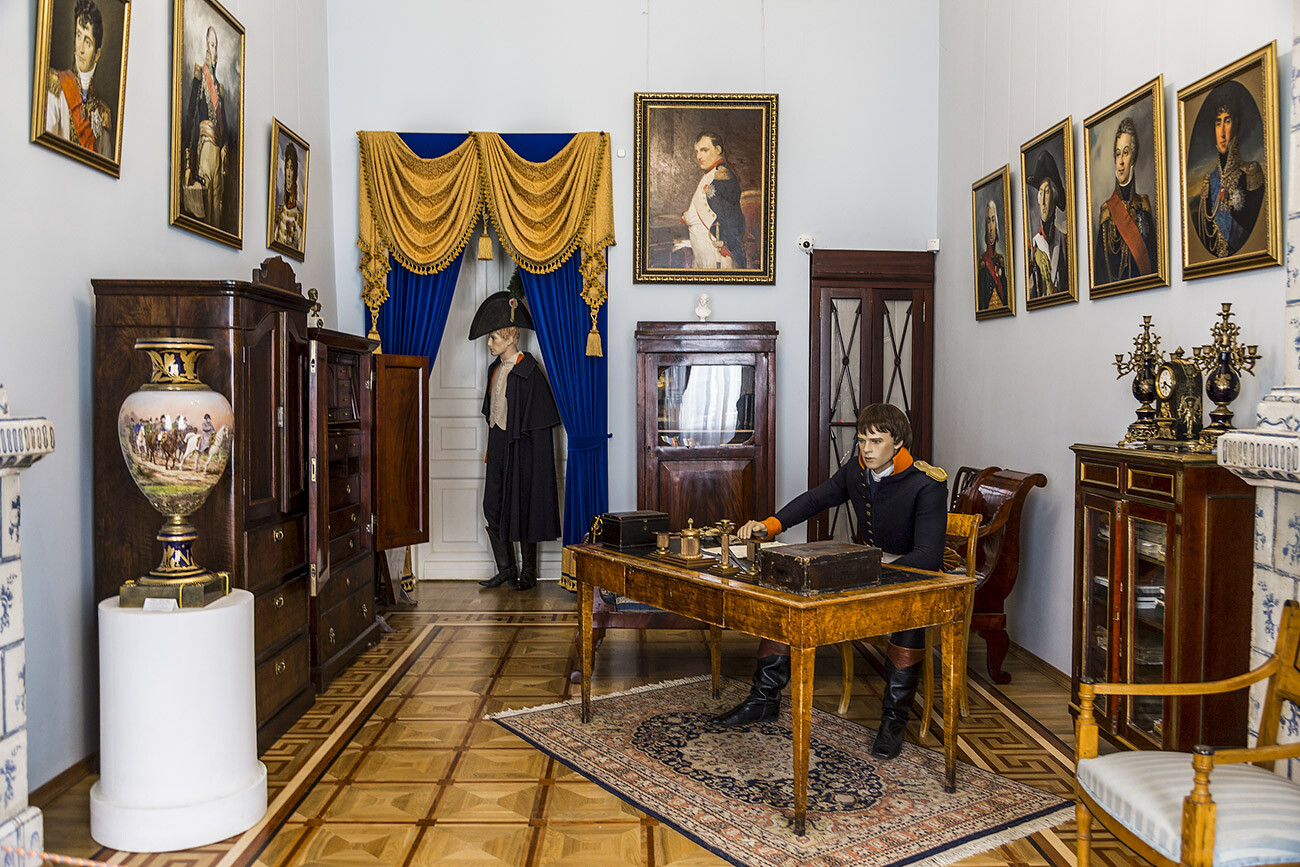
According to legend, Russian commander Mikhail Kutuzov spent the night in the palace and, the following night, Napoleon, who was advancing on Moscow, also stayed there.
10. Bogoroditsk estate, Tula Region
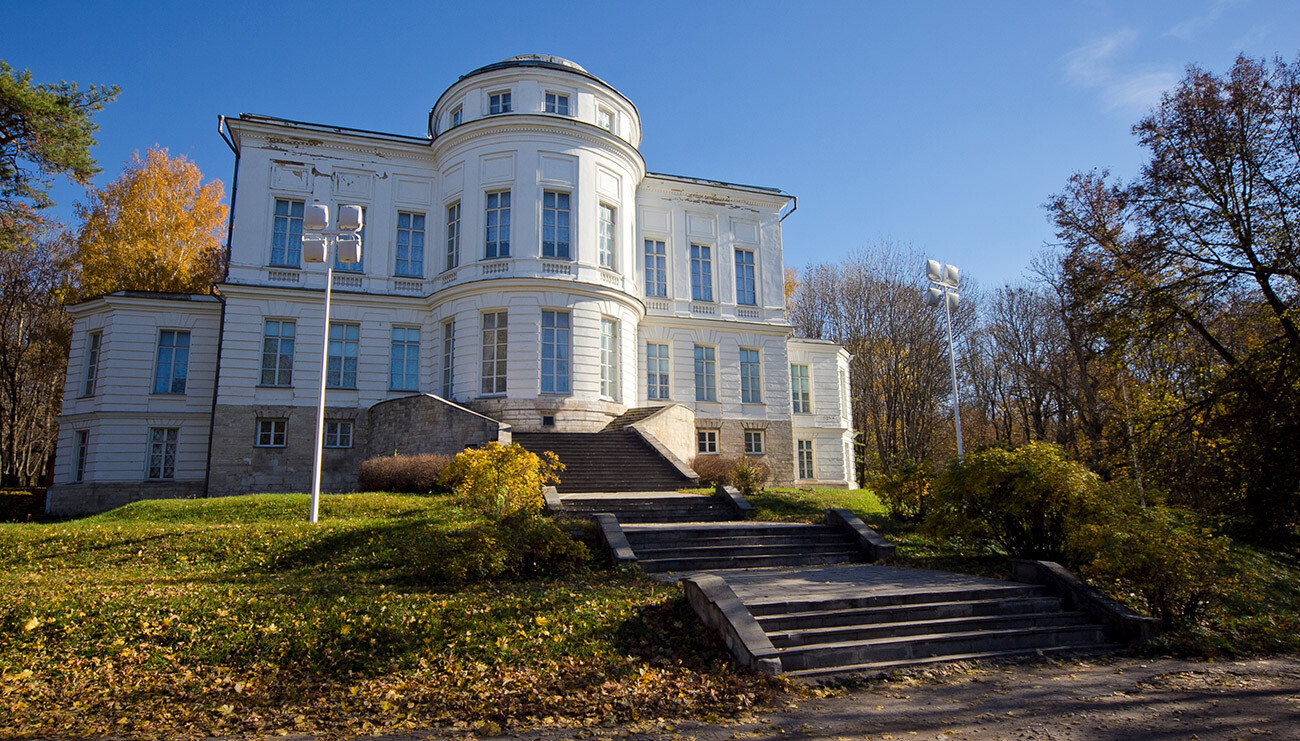
The estate belonged to the illegitimate son of Catherine the Great, Count Alexei Bobrinsky. A park and a specially dammed river was laid out in front of the house.

A church and a baroque bell tower were also built on the territory of the manor.
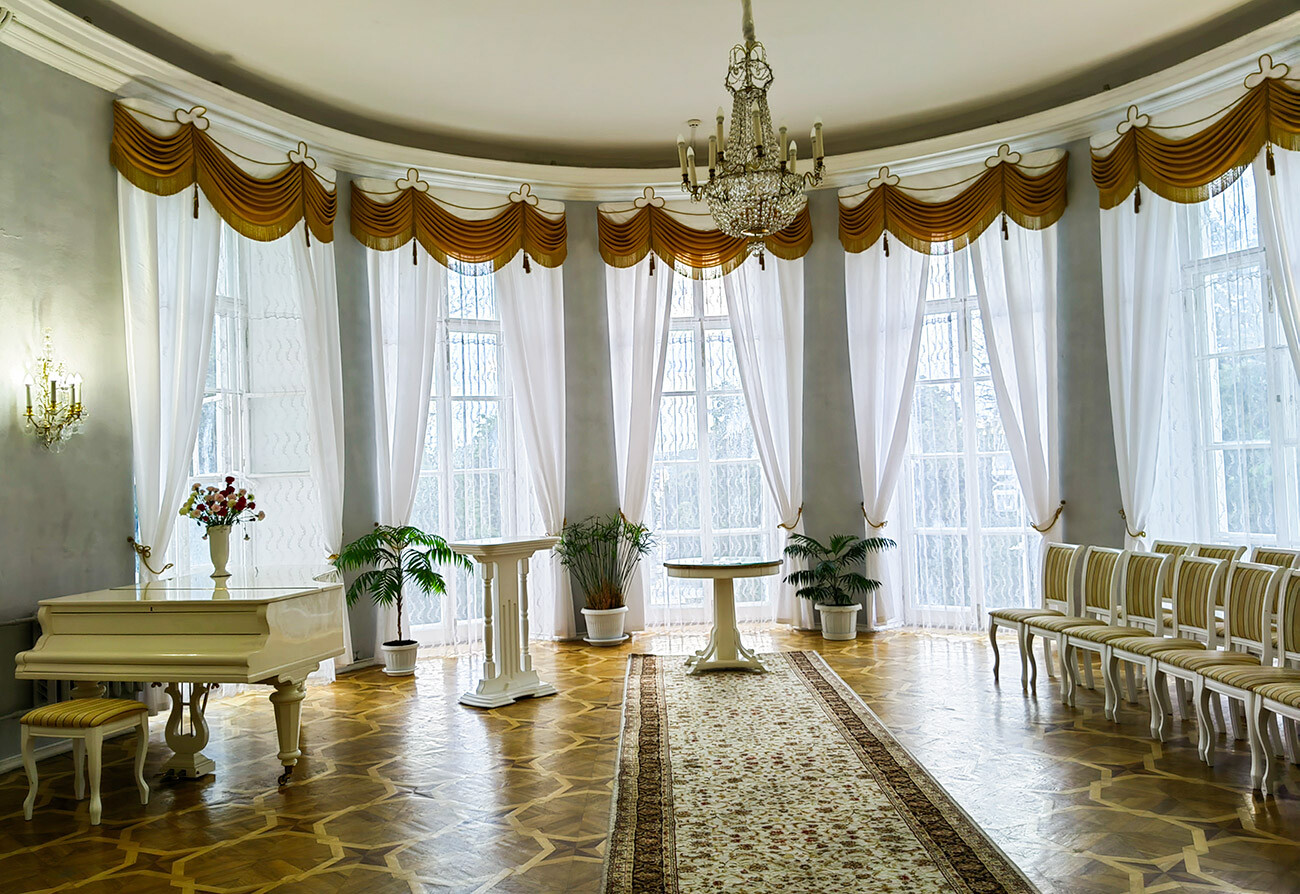
The house was almost completely destroyed during World War II, but was then rebuilt in the 1980s.


